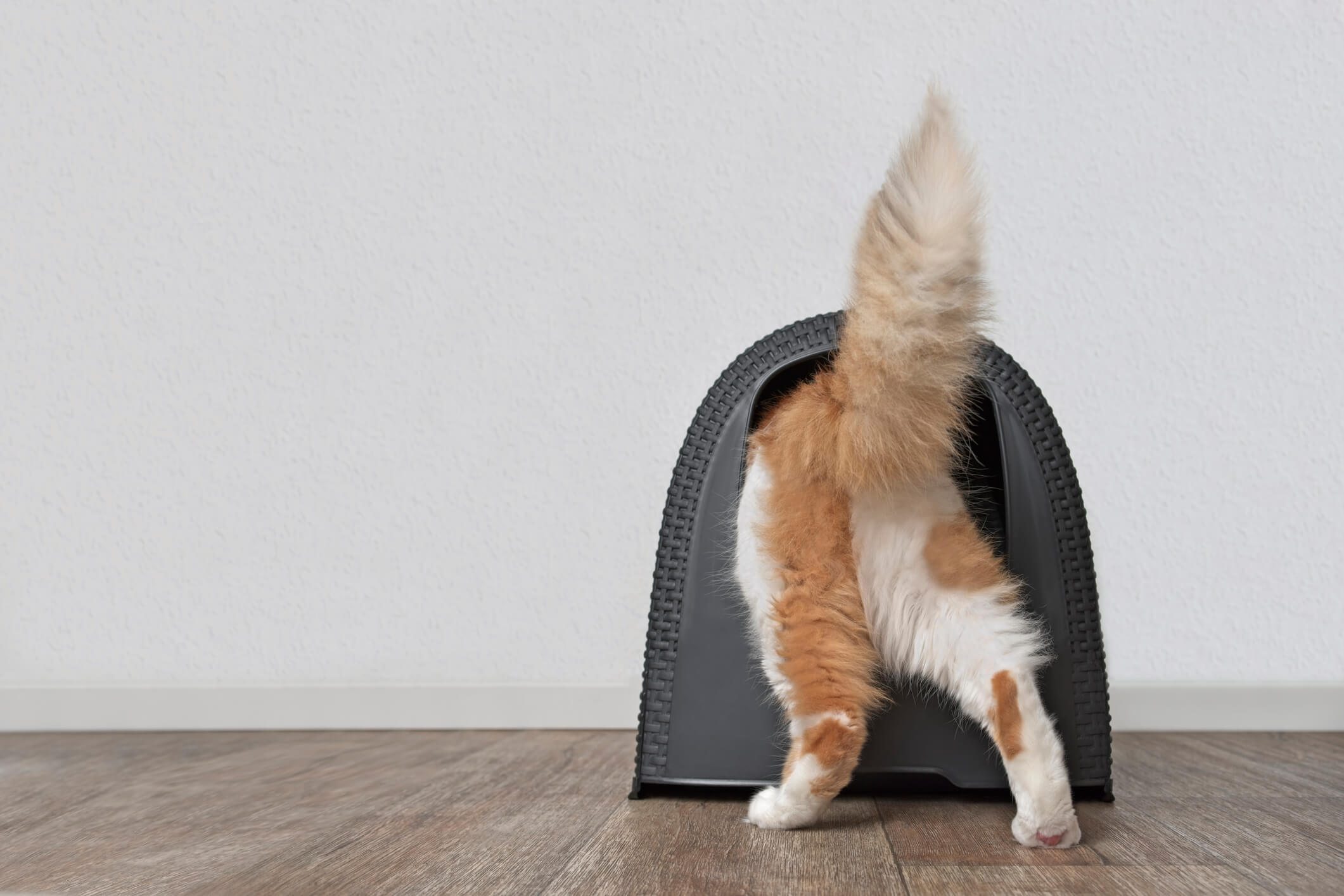
4 Things to Know if Your Pet Has Urinary Problems
The first time a pet experiences urinary problems can be pretty intimidating. All of a sudden, your poor furry friend is yelping in pain or peeing all over the house. You know something’s wrong, but you’re not sure what! Thankfully, your vet will be able to detect the problem right away and discuss possible treatment options.
Once you know about the problem, it’s important to stay on top of it. Here are four things every pet parent should know about urinary problems so they can take care of their pet’s health with confidence.
#1: Pets experience different types of urinary problems
Urinary tract disease is a broad term that encompasses several conditions affecting the bladder, urethra and kidneys. Some conditions easily clear up with medication, while others require lifelong management.
Here are the most common urinary problems in cats and dogs:
- Urinary tract infections: Both cats and dogs are susceptible to urinary tract infections (UTI). This condition occurs when harmful bacteria accumulates in the bladder or urethra. Bacterial growth is the most common cause of UTIs, but they can also result from viruses or fungi.
- Feline idiopathic cystitis: Although this condition doesn’t apply to dogs, feline idiopathic cystitis is worth mentioning because it’s responsible for the vast majority of urinary problems in cats. The term “idiopathic” means this urinary problem has no discernable cause. Cats are diagnosed with feline idiopathic cystitis when they display abnormal bathroom behaviors, yet there’s no evidence of a blockage or infection.
- Bladder and kidney stones: A stone is the hardening of mineral deposits in the urinary tract. Stones are extremely painful because they scrape against the cells lining the bladder and urethra. In severe cases, bladder and kidney stones may turn into blockages that prevent the animal from passing urine. If this happens to your pet, bring them to an emergency clinic right away.
- Kidney disease or failure: Kidney disease can occur all of a sudden or slowly worsen over time. If left untreated for too long, this condition may lead to kidney failure, which requires immediate veterinary help. Pets with kidney disease are unable to properly expel toxins from the body. Kidney disease is considered a urinary problem because the kidneys produce urine to get rid of harmful substances.
#2: Urinary problems share similar symptoms
Pets with urinary problems may experience one or any combination of symptoms. However, some may not show symptoms at all! A professional diagnosis is necessary for your furry friend because several different urinary problems share overlapping symptoms.

Symptoms may include:
- More or less frequent urination
- Yelping or crying in pain during urination
- Attempting to urinate with no results
- Excessive thirst
- Blood in the urine
- Accidents around the house
- Licking the genital area
#3: Some pets are more at risk than others
Female cats and dogs have a higher risk of contracting a UTI. They have much shorter urethras, which makes it easier for harmful bacteria to enter the urinary tract. Bacteria enters through the urethral opening, then travels up into the bladder. UTIs that are left untreated can spread to the kidneys, putting female pets at risk for more serious bacterial infections.
Older pets are particularly susceptible to kidney disease and failure. As pets age, their organs and internal bodily systems don’t work as well as they used to. The kidneys in older pets are less efficient at ridding the body of toxins, which negatively affects the urinary tract.
Certain conditions can predispose a pet to urinary problems, too, including diabetes and Cushing’s disease. Cats who experience chronic stress are more prone to feline idiopathic cystitis, although the exact cause of this urinary problem remains unknown.
If your pet is at a higher risk of urinary problems, you’ll want to pay special attention to preventative measures.

#4: Many treatment options are available
Early detection and treatment is key to slowing the progression of urinary tract diseases. Treatment will depend on which urinary problem your pet is experiencing.
Here are some options your vet may recommend:
- Antibiotics: Antibiotics are prescribed for UTIs caused by a bacterial infection. The downside to antibiotics is they can wipe out the good bacteria in your pet’s gut, as well. Speak with your vet about a daily probiotic supplement because they’ve been known to alleviate gastrointestinal upset during antibiotic treatment.
- Special diet: Many commercial pet foods are specially formulated to treat kidney disease and/or prevent the formulation of kidney or bladder stones. One of the ways they can help is by making the urine less acidic. In addition to kidney-friendly foods, pets with urinary problems are encouraged to drink lots of water because this helps dilute the urine.
It’s perfectly normal to feel overwhelmed when you learn that your pet has a urinary problem. Remember, your vet is here to help! They will come up with an accurate diagnosis and walk you through the steps for treatment. Most importantly, schedule an appointment the second your pet’s bathroom habits seem off. Their prognosis will be all the better for it!


